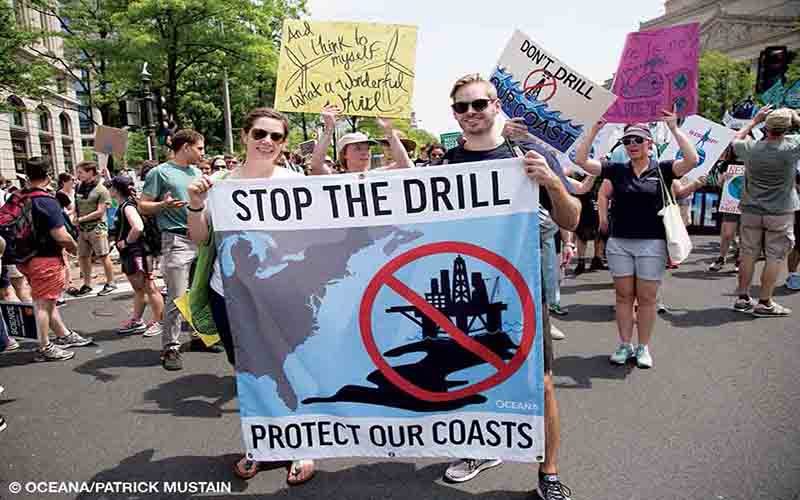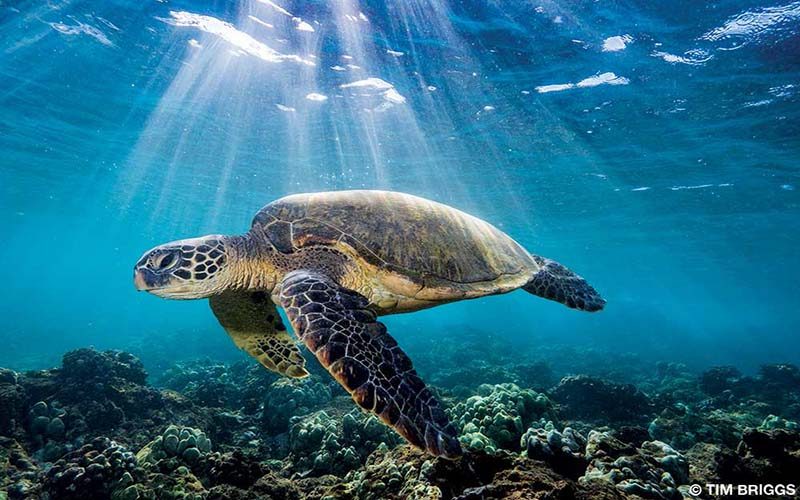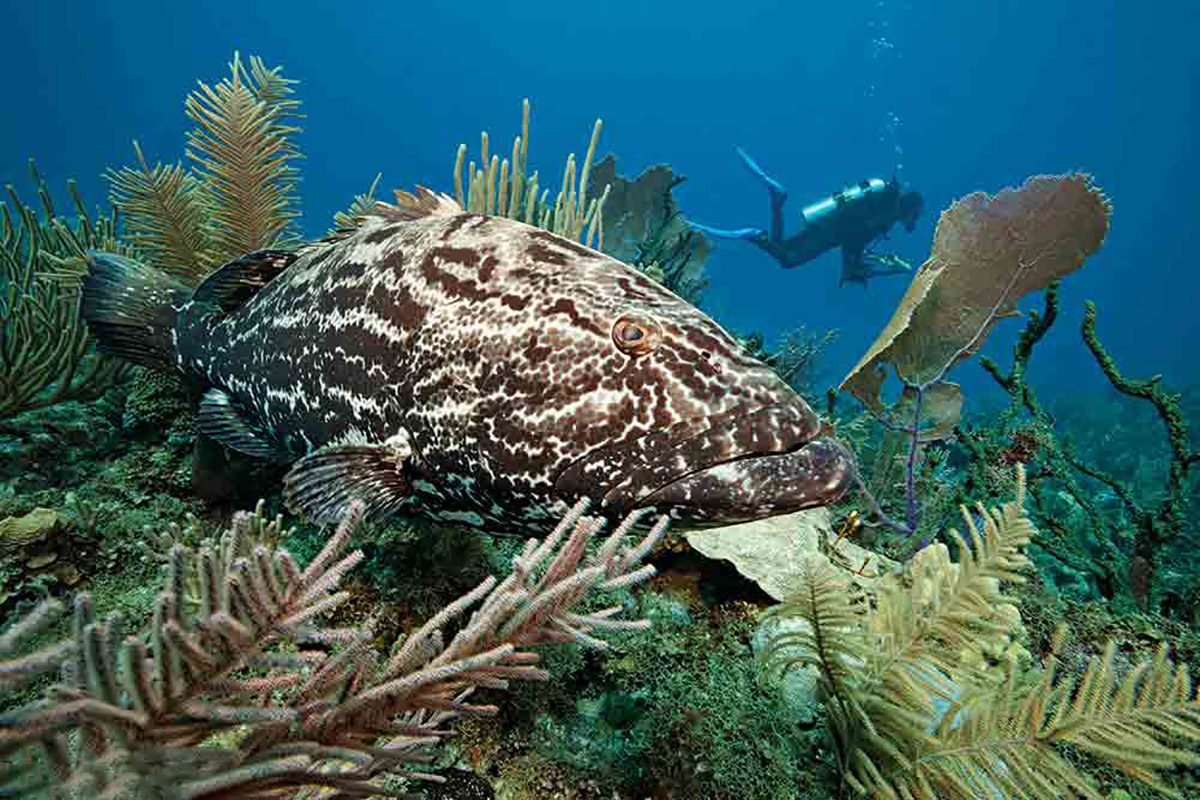Marching for the Ocean
Ocean activists, divers and other passionate individuals, often come to Washington, D.C. to show support for a variety of marine initiatives. The 2018 March for the Ocean made a splash.

Ocean activists, divers and other passionate individuals, often come to Washington, D.C. to show support for a variety of marine initiatives. The 2018 March for the Ocean made a splash.

Fishing gear debris is unfortunately common in the waters surrounding Hawaii, and it threatens green sea turtles and the endangered Hawaiian monk seal. Volunteer divers, however, have come together to restore these waters.

Global fisheries may need to change their practices to accommodate for some newly found data on reproductive fish females. Implemented changes could greatly impact the world’s food supply.

Images have the potential to spark conversations that change our world, but photographers must get down in the trenches on the frontlines of conservation, where it’s frequently uncomfortable and sometimes just plain terrifying

The Galápagos National Park Directorate protects 97 percent of the land in the Galápagos Islands. This protection aims to conserve the habitats and wildlife in this special place while supporting a sustainable economy. Yet increasing tourism threatens to degrade the natural resources that attract visitors here in the first place.

Climate change poses a serious risk to the world’s oceans. Ecosystems are damaged and altering the physical nature of the ocean: its circulation, temperature, chemistry and color. Divers can help thwart climate change through their actions.

Often caught accidentally when fishing for tuna or marlin, mako shark populations are in serious trouble. But, demand for their prized fins and meat continue to drive commercial fishers to retain and kill them.

Orca populations have been on the decline for decades,. We have to address the challenges to their survival to preserve these magnificent animals.

With the stress of today’s 7.8 billion people on Earth expanding to a projected 8.5 billion in 2030, we need to make changes. To have an ocean capable of healthfully and prosperously supporting a growing population, it’s necessary to have sustainable development with circular and recycling economies that will eliminate wasted byproducts of production and impacts on the air and ocean. The U.N. General Assembly declared 2021-2030 as the United Nations Decade of Ocean Science for Sustainable Development to provide “the science we need for the ocean we want.”
